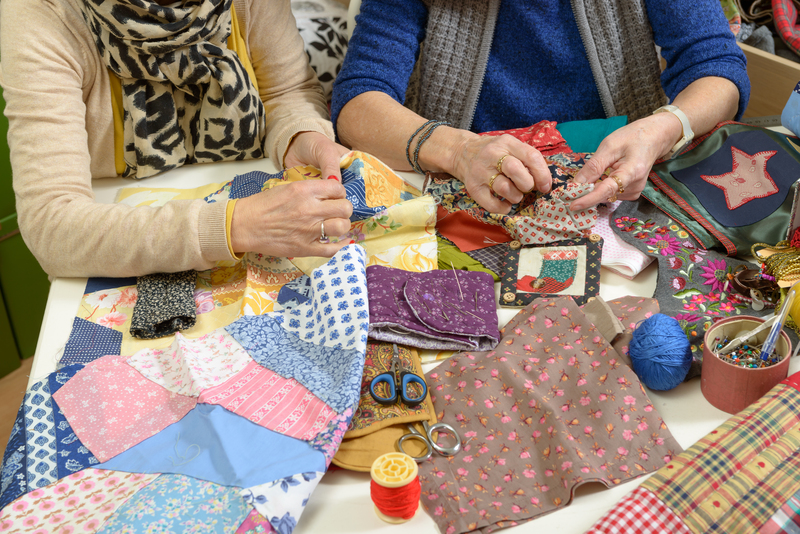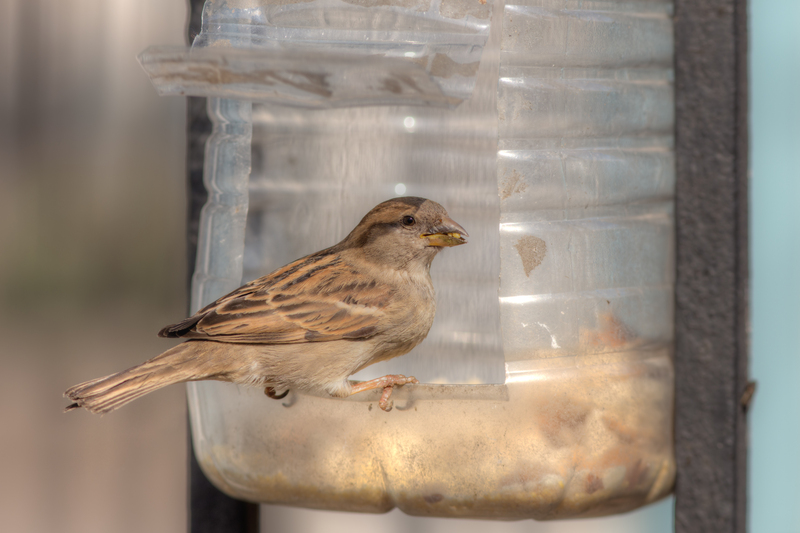Repurposing and Recycling Non-Biodegradable Gardening Waste
Posted on 25/04/2024

Gardening is a pursuit that brings joy, beauty, and relaxation to many people. Whether you have a small window herb garden or a sprawling backyard filled with flowers and vegetables, gardening is an activity that connects us with nature and allows us to reap the rewards of our efforts. However, with gardening also comes a significant amount of waste - from pots and plastic trays to old tools and broken materials. If not properly disposed of, this waste can contribute to pollution and harm the environment. Thankfully, there are ways to repurpose and recycle non-biodegradable gardening waste, turning it into sustainable solutions for both our gardens and the planet.
What is Non-Biodegradable Gardening Waste?
Non-biodegradable gardening waste includes any material that cannot be broken down by microorganisms in the environment. This can include plastic pots and trays, metal tools, broken ceramic or glass decorations, and more. These items often end up in landfills where they take years to decompose, releasing harmful chemicals into the soil and waterways.
Repurposing Non-Biodegradable Gardening Waste
One way to reduce the impact of non-biodegradable gardening waste is by repurposing it for various uses in the garden. For example, old plastic pots and trays can be reused as seedling trays or even cut into strips and used as plant labels. Broken ceramic or glass pieces can be turned into unique garden markers or decorative accents. Metal tools can be sharpened or repainted for continued use.
Another creative repurposing idea for non-biodegradable gardening waste is using them as planters for succulents or air plants. Plastic bottles, tin cans, and even old tires can be transformed into unique containers for your greenery.
Recycling Non-Biodegradable Gardening Waste
When repurposing isn't an option, recycling is the next best solution for non-biodegradable gardening waste. Many materials used in gardening, such as plastic and metal, can be recycled and made into new products. Most cities have recycling programs that accept these types of materials, making it easy to properly dispose of them.
If your city doesn't offer recycling for gardening waste, there are alternative options. Some garden centers and nurseries have recycling programs for pots and trays, or you can find a local recycling program specifically for these materials. Another idea is to donate old tools or equipment to a community garden or school garden program - giving these items a second life while also helping others.
Pros and Cons of Repurposing and Recycling Non-Biodegradable Gardening Waste
Like any solution, there are both pros and cons to repurposing and recycling non-biodegradable gardening waste. On the positive side, it helps reduce the amount of waste that ends up in landfills, minimizing pollution and harm to the environment. It also allows us to get creative and find new uses for old materials, saving money in the process.
However, some cons include the potential for increased energy consumption during recycling processes and the fact that not all materials can be effectively recycled. It's also important to note that repurposing and recycling may not completely eliminate waste - there may still be residue or unusable parts that need to be disposed of properly.
Tips for Effective Repurposing and Recycling
To make repurposing and recycling non-biodegradable gardening waste easier and more effective, here are a few tips:
1. Wash items thoroughly before reusing or recycling.
2. Be aware of what types of materials can be recycled in your area.
3. Look for ways to repurpose items before throwing them away.
4. Store reusable items in a designated area to keep them organized.
5. Get creative with repurposing ideas - the possibilities are endless!
Takeaways from Repurposing and Recycling Non-Biodegradable Gardening Waste
Repurposing and recycling non-biodegradable gardening waste not only benefits the environment but also allows us to be more sustainable in our own gardens. By repurposing old materials and recycling those that cannot be reused, we can reduce our carbon footprint and contribute to a healthier planet.
In conclusion, the next time you find yourself with non-biodegradable gardening waste, think twice before tossing it in the trash. With a little creativity and effort, you can turn waste into sustainable solutions for your garden and the world around you. Let's work together to make our gardens and the planet greener, one recycled pot at a time.

Latest Posts
Recycling for Environment Health
Start Your Plastic-Free Kitchen Journey
Recycling Polystyrene for a Greener Earth






